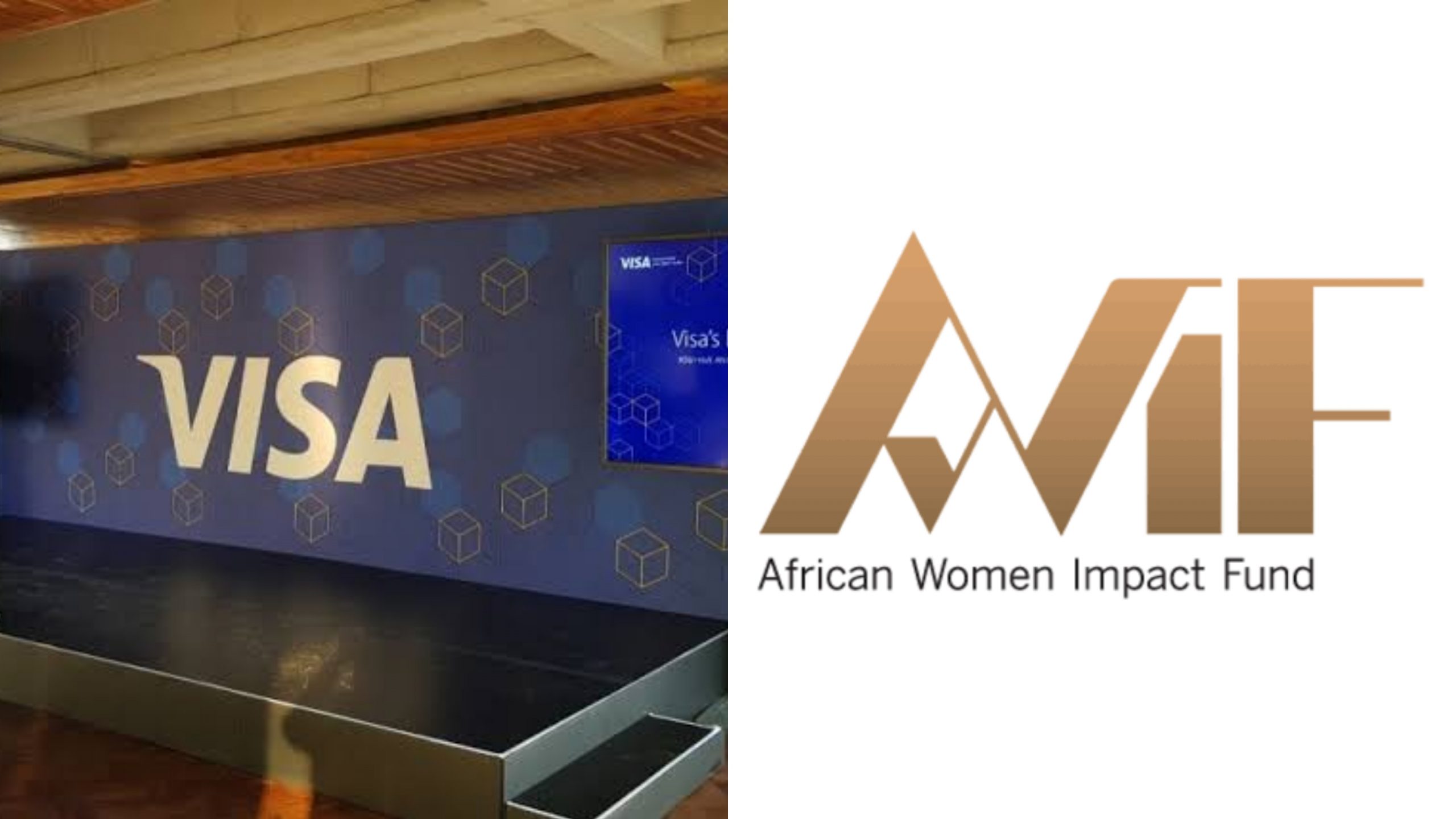Visa has announced a grant towards the African Women Impact Fund (AWIF), a collaboration between Standard Bank and the United Nations Economic Commission for Africa (UNECA).
The grant will be used to meet the working capital needs of 55 women who responded to AWIF’s call to action and have been a part of their program since 2020 throughout South, East, and West Africa.
The She’s Next program, a global advocacy program for women-owned businesses that has been expanded to Sub-Saharan Africa in order to further champion and support African women business owners as they create, sustain, and progress their enterprises, is being extended by Visa’s grant to the AWIF.
AWIF is a collaboration between Standard Bank and the United Nations Economic Commission for Africa (UNECA) and the grant is an extension of the She’s Next program, a global advocacy program for women-owned businesses that have been expanded to Sub-Saharan Africa to further champion and strengthen African women business owners as they build, sustain, and advance their businesses.
Visa’s funding will be directed towards activities that will assist the business owners with improving their technical skillsets, becoming investible to larger institutional investors, and running profitable businesses that will in turn invest in others including small and medium businesses.
“The aim of She’s Next is to help women-owned businesses thrive and our ambition with this grant is to enable access in a space where women-owned firms are under-represented.
“Through this programme, we aim to ensure that women are not only recipients but become decision-makers where institutional funding for businesses is concerned,” said Aida Diarra, Senior Vice President & Head of Sub-Saharan Africa at Visa.
“The funding will ensure that these business owners are able to focus on growing their enterprises without the burden of managing short-term debt and other operational costs related to building a successful business” added Diarra.
Building sustainable businesses continues to present several difficulties for African women fund managers. Due to institutional impediments and investor bias, research indicates that progress in increasing the visibility and involvement of women fund managers is going slowly.
Fewer than 1.3% of the $69.1 trillion in global financial assets are managed by women and people of color, and African women account for just 7.6% of private equity and women-led businesses only receive 7% of PE and VC in emerging markets, respectively. These statistics highlight the opportunities for closing the gender gap that currently exists.









